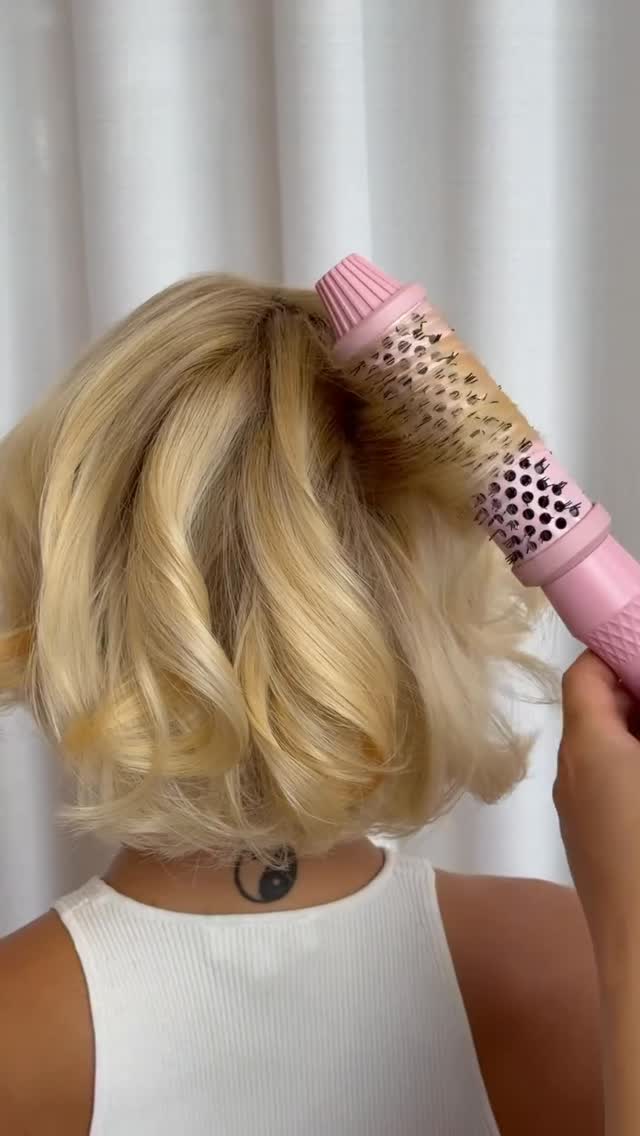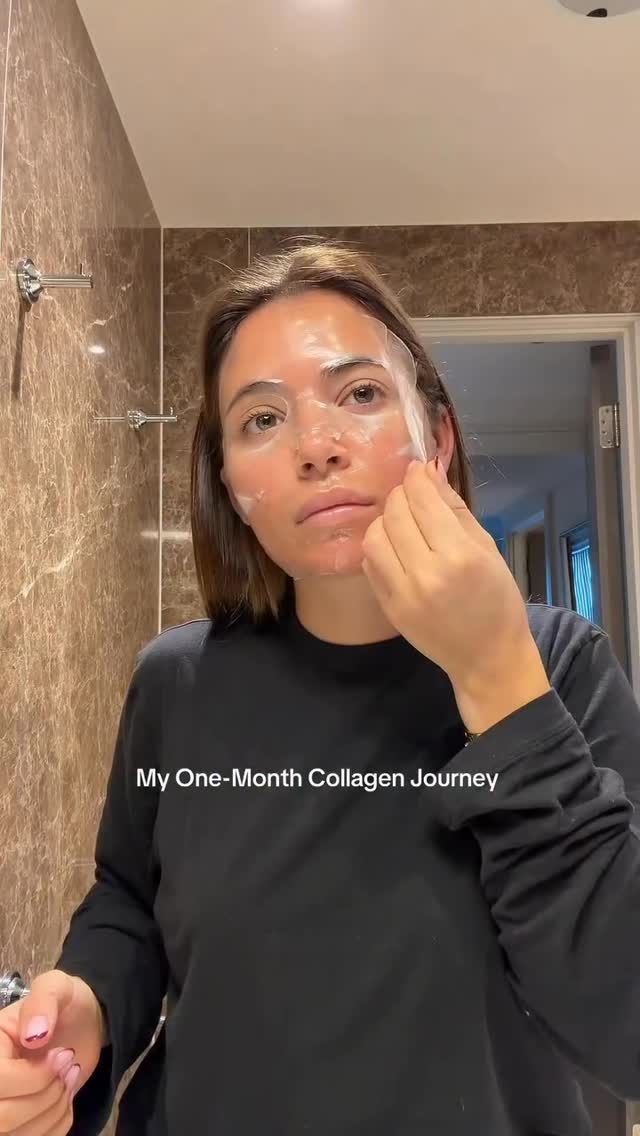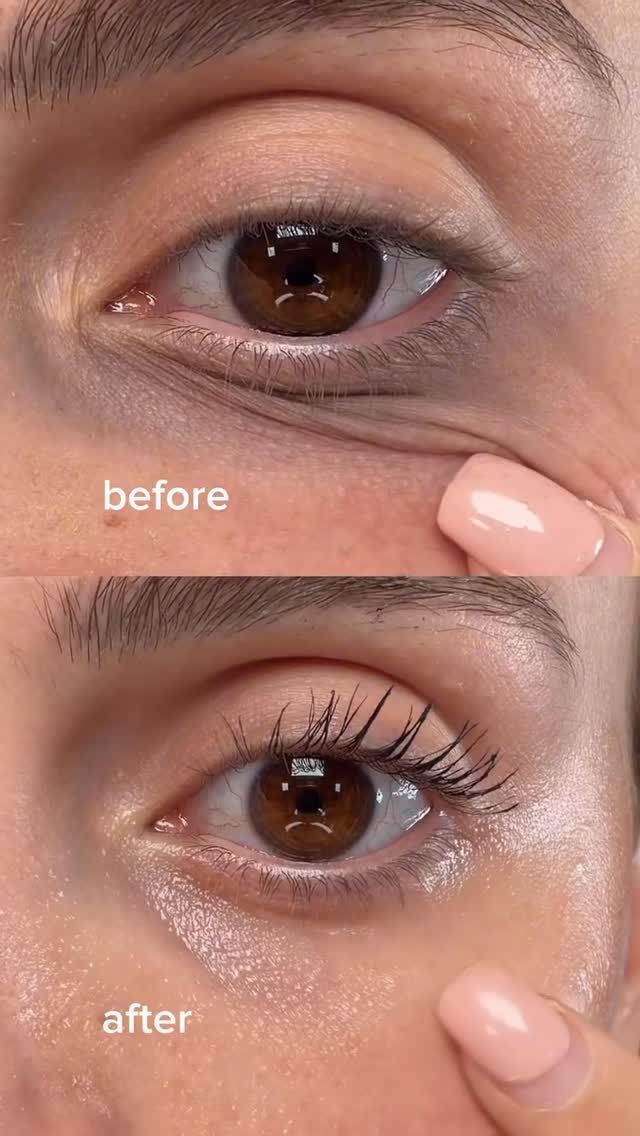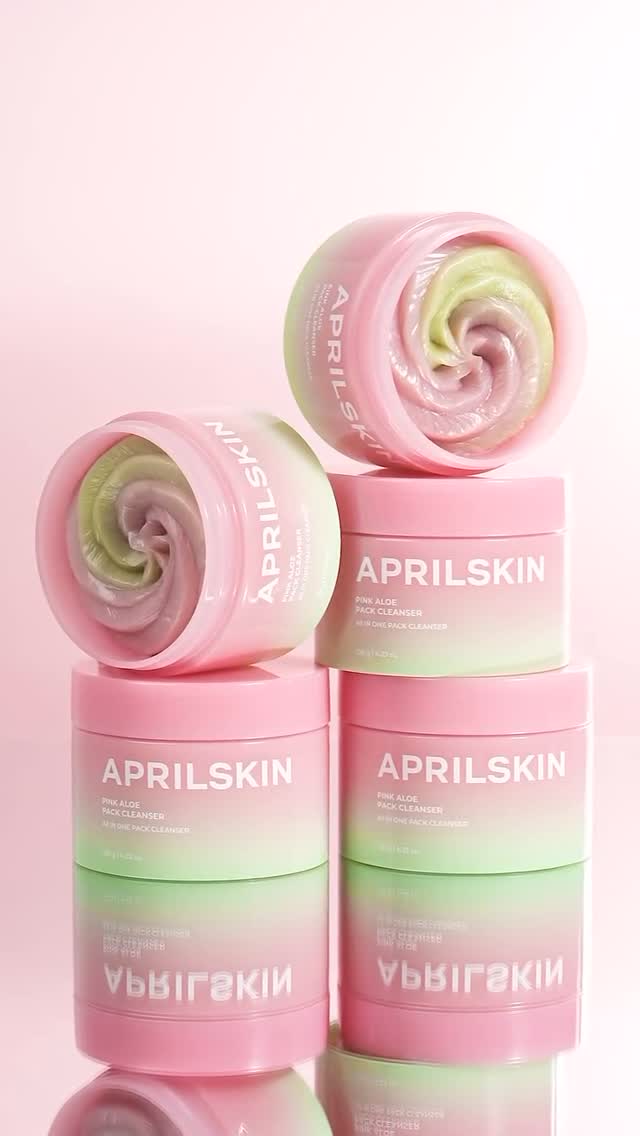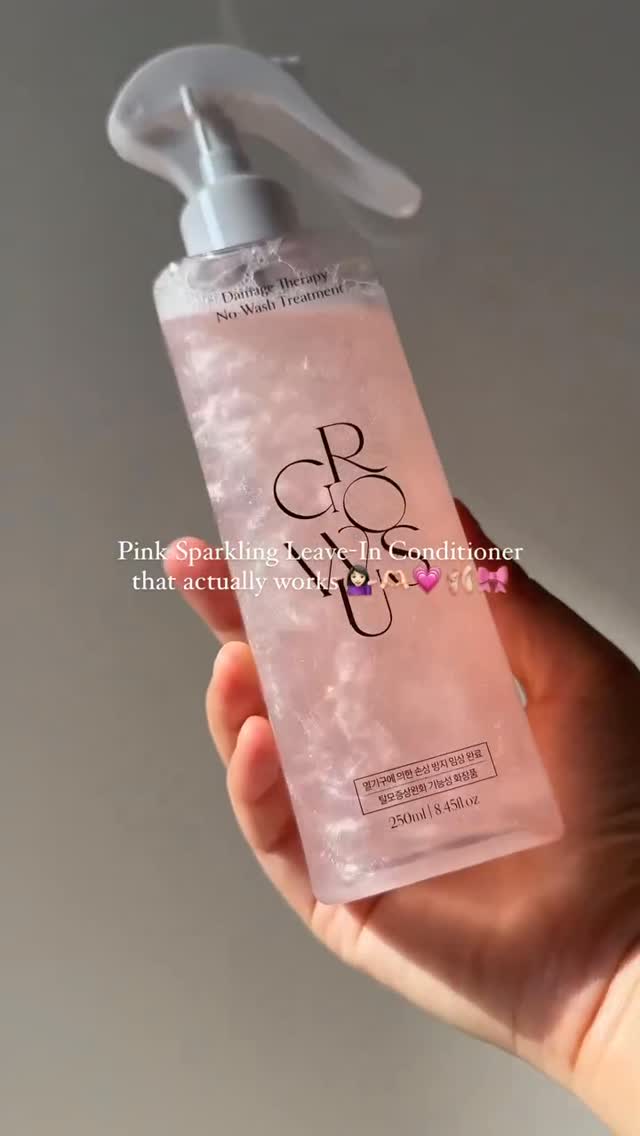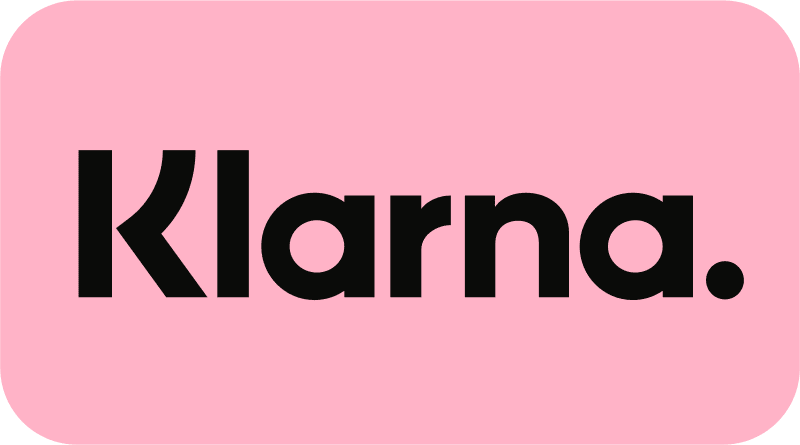Scalp care is the best care: Top tips for improving your hair regime
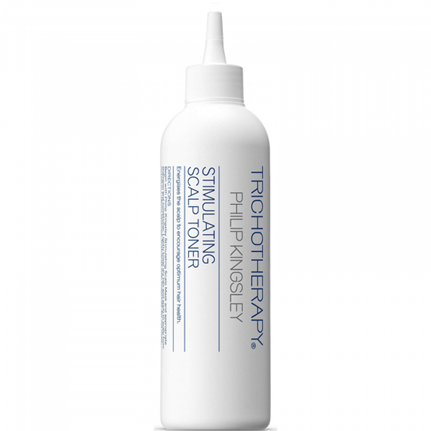
The right way to take care of your scalp for healthy hair
We exfoliate our skin to keep it healthy, why should the scalp be any different?
Scalp care is of paramount importance when considering the growth of healthy hair.
The health of the scalp has been proven to promote good cell turnover and must be in a healthy condition for optimal hair growth. See your scalp as an ecosystem, it isn’t just skin…
There are multiple layers each surrounded by thousands and thousands of hair follicles that must be nourished in order to support healthy hair growth.
Spot the signs/ what does an unhealthy scalp look like?
When caring for the scalp it is important to consider the condition of the skin surrounding the scalp. New hair is born in the follicles. Regular dead skin removal can keep follicles clear giving your hair the best opportunity for growth.
Elements such as oil (better known as Sebum) often block and obstruct the hair follicles.
Blockages cause an uneven amount of blood to flow to the follicle which may ultimately cause hair loss, breakage, dryness or weakened hair as there is a shortage of nutrients and blood flow being supplied to the scalp.
Listen to your scalp
Dry or dead skin, inflammation and dandruff can all be indicators of an unhealthy scalp.
Pay attention to your scalps health as this will determine the condition of your hair, itching and flaking could be an indicator of an underlying issue.
So, give it the must needed TLC it deserves.
Let’s talk scalp toners
A scalp toner may be the one product you didn’t know you needed.
Philip Kingsley’s Stimulating Scalp Toner
Part of the Trophotherapy range – Philip Kingsley’s stimulating scalp toner is a re-hydrating toner and scalp energizer that encourages the blood supply to the scalp to promote healthy scalp environment and hair growth.
The mildly astringent formula absorbs excess oil and protects against bacterial overgrowth.
Build-up can block nourishment:
Stress, pollution and poor eating habits can all be contributing factors to the poor health of the scalp. One of the biggest culprits is product build-up surrounding the hair follicle things such as dry shampoo, heavy oils and sprays. If not cleaned, they can leave behind a residue and clog follicles.
Don’t be afraid to cleanse!
Although daily washing can strip your hair of its natural oils causing more dryness and irritation. This could result in a build-up of excess oil.
Sebum is a naturally produced hair conditioner, covering each strand with the right amount of nutrients however, this can act like a source for microfauna to harbour, leading to dandruff and sometimes even hair loss.
If you find that you can’t go a day without having to washing your limp, greasy strands, this could be a sign that you may have overactive sebaceous glands.
So, balance is key!
Perhaps try cleansing your hair every other day and adjusting to a regime that works best for your hair.
Decrease the heat
Heat is the leading cause of excessive hair damage.
This may not always be related to our styling tools, but down to the temperature we take our baths and showers during the cold winter. Hot showers can strip the moisture out of our hair and skin. This can be regulated by washing your hair separately with lukewarm water followed by a heat protector (for those who are really attached to their blow-dryer and styling tools)
Rejuvenate with a Hair mask
Add all moisture back into your hair with a hair mask. Hair masks often have a high concentration of hydrating ingredients, including natural oils and butters to return your hair back to its best possible condition. Hair masks, unlike shampoo or a conditioner don’t just coat the surface of your hair. They are designed to remain on the hair for longer. Allowing for each hydrating ingredients to penetrate the hair shaft leaving your locks flowy and moisturised.
So how do I know which hair mask to go for?
Do you have…
Dry/ damaged/ frizzy hair – A heavy, intensely moisturising and conditioning mask to hydrate and nourish your strands. Keratin based hair masks can be helpful to heal your hair.
Flat/ thin hair – Protein based masks will add the important strength needed.
Curly hair – Natural oils, including argan, avocado and coconut will help smooth and define those bouncy curls.

Oil isn’t always bad
Oil on damp hair is the most effective way to address damage and dryness. Our hair is at its most porous when wet. When an oil is added to wet hair there may be less shine
On dry hair, hair oil can increase the shine levels, protect against UV rays and pollen.
Applying a hair oil can protect from frizz, reinvigorate shine, hydrate and smooth ends. This includes other benefits such as detangling and heat protection before blow-drying.
Castor oil contains vital properties like vitamin E, fatty acids, proteins, and antioxidants, which support the keratin in hair, making it grow faster, stronger, smoother, and healthier.
Mango and Lime – Mango and Lime black castor oil mango papaya
Help smooth the appearance of split ends, add about a teaspoon of Jamaican Mango & Lime Jamaican Black Castor Oil – Mango Papaya to your regular shampoo and conditioner.
It’s okay to let it go!
Regular trims…
There’s no way around it, cutting those split ends off every 3-4 months will prevent even more damage. If not cut, this can cause the whole hair shaft to split and in order to rectify the damage more hair will have to be cut off. The removal of split ends can help you grow your hair out.
Silk in, cotton out
Cotton and other fabrics often absorb the all-important moisture needed within our hair and skin. Cotton pillows can also cause friction. Satin and silk pillowcases result in less frizz and much better hairstyle retention due to the smaller fibres. Cotton pillowcases can weaken your hair and bring about breakage. Silk is a breathable fabric and will help to maintain your style for a few days.
No more bedhead!

Coconut Lane – Coconut Lane palm power head wrap
Help to prevent the hair breakage caused by everyday pillowcases and this head wrap will keep you looking chic whilst you sleep.
Great day-time hair always starts with a great night-time routine! Coconut Lanes’ satin hair wrap is here to help keep the moisture of your hair mask on your hair (Not your pillow)
Healthy scalp care tips
Cleanse and exfoliate
Apply shampoo to the roots and lather, solely focusing on the scalp.
Use fingertips to massage product into the scalp. There’s no need to work shampoo into the length of the hair, the suds will work their way down the shaft of the hair, and they will be cleansed.
Clarifying shampoos can be tempting as they strip product build up.
But don’t do it!
They can be too harsh leaving your hair dry and brittle. Instead, rinse hair with a high-pressure shower head to remove all residue from the scalp.
Scalp scrubs also work well! Apply to a wet scalp (water will act as a carrier for the product).
Create circular motions with the tips of your fingers to lightly massage and exfoliate into your scalp!
Rinse accordingly.

Take control with Nioxin scalp therapy
Nioxin Cleanser System 1 has been specially designed for thin to normal, natural hair. It amplifies the hair texture, strengthening the hair whilst protecting hair from damage and breakage, leaving scalp refreshed and hair with a natural, radiant and healthy shine.
The mildly astringent formula absorbs excess oil and protects against bacterial overgrowth.
Stimulate blood circulation
Improve circulation and oxygen to the hair follicles by gently massaging scalp with fingertips while washing your hair. This will improve blood flow.

Wetbrush exfoliating scalp massager brush blue
A multi-benefit brush that cleanses, detoxifies and rejuvenates your scalp to help hair stay healthy and strong.
Turn down the heat!
Stay away from excessive heat on the scalp, wash hair with lukewarm water. Avoid styling products that can be harsh on the hair and scalp.
Hydrate
Hydration, not just for your hair but water consumption. Drinking water can help keep hair and skin supple and healthy.
Eat for Hair Health
Stress, pollution and poor eating habits can all be contributing factors to the poor health of the scalp. One of the biggest culprits is product build-up surrounding the hair follicle. Your diet has more of a direct impact than you would think. Many people may not realise just how much of an impact it can have on your locks!
Most of our hair is made up of protein, so the food we consume pays an immense role in the strength of our hair.
There are a few foods that can support healthy hair growth:
Fish, Eggs and Beans -High in protein and perfect to keep your hair from becoming brittle, dry and weak.
Kiwis, Blueberries and Oranges – Rich in antioxidants and Vitamin C. These fruits can help push the production of collagen and regulate the bodies immune system.
Water – Just like the rest of the body, the scalp requires hydration.
Pumpkin Seeds, Avocado and Salmon – Abundant in Omega 3 fatty acids these are great and essential for anyone’s diet. The fat lines the cells in our scalp and keeps the area hydrated.
Wholegrains, Beef and Oysters – Zinc deficiency can be linked to dry scalp and flaking.
Stress is no friend of your hair’s health
Stress can affect your entire body – although this can be a difficult area to manage, practice exercise and nutrition before purchasing hair supplements, like pills and gummies. Start at the root of the problem.
Stress can impact your hormones levels, an increase in stress can increase the amount of oil the scalp produces which will cause more flaking and itching. Dandruff can be produced due to this.
Change the way you brush your hair
Our hair is in its more fragile stage when it is wet and is up to 3x more vulnerable to breakage.
It may be a hard habit to break but stop brushing your hair after a shower!
Start off by detangling with a wide tooth comb, to minimise shedding working from the ends to the roots – It takes a bit of patience, but we promise it’s worth it.
Detangle before you wash – If your hair is tangled before you start washing it you are only likely to get more.
Don’t brush your hair more than necessary – Brushing too much can lead to damage. Over brushing will lift the cuticles of your hair and break it.
Think about your hair type, if you have curly hair – Use fingers or a paddle brush while your hair is wet! (This will avoid frizz and damaging those bouncy curls)
Pick your hairbrush wisely – Natural-bristled brushes aren’t always the best! Boar brushes can be harsh on your hair cuticle.
Go for a brush with long, Widley – spaced plastic bristles.
Clean your hairbrush!
The same way we clean make up brushes it is important to wash our hairbrushes and utensils after using them. This will not breed bacteria.
Firstly, why should we clean and disinfect our hairbrushes. Bushes that are used often can accumulate product, dust mites, dead skin cells and all that left over sebum
(natural hair oils)
Leaving brushes unwashed can turn your hairbrush into a breeding ground for bacteria and yeast! All of which are terrible for you and your hair. Without realising you will be depositing dirt and product building up back on your hair.
Create a brush disinfection routine
- Remove any leftover hair – Using a fine-tooth comb, remove an excess hair that may be stuck between the bristles or fibres.
- Wash your hairbrush – Using lukewarm water to soften any product
- Later and rinse – Apply soap between the bristles, lather and make sure to pull out any left-over hair. Rinse with plenty water
Don’t get discouraged!
Growing out your hair and maintaining a healthy scalp can be challenging and quite new to many of us.
Once a solid routine has been established, everything will become second nature!
Remember to remove harmful products from your routine, don’t wash hair too frequently, get regular trims to remove split ends, less heat and avoid doing damaging hair styles.
Swap the cotton for silk to reduce breakage and frizz.
Don’t forget, you are what you eat! Protein and antioxidant rich diets will always be beneficial, stay hydrated and manage stress levels. Lastly, don’t brush your hair when its wet (unless you have curly hair)
Be kind to your hair.
